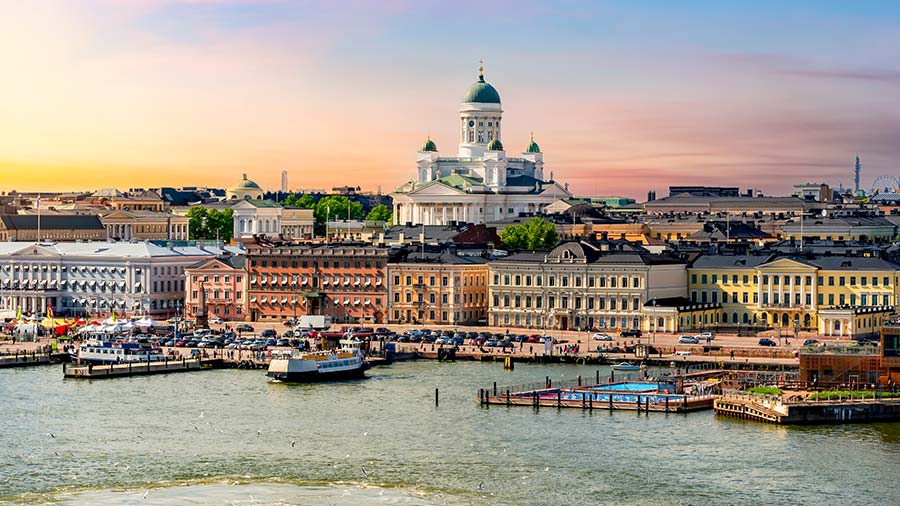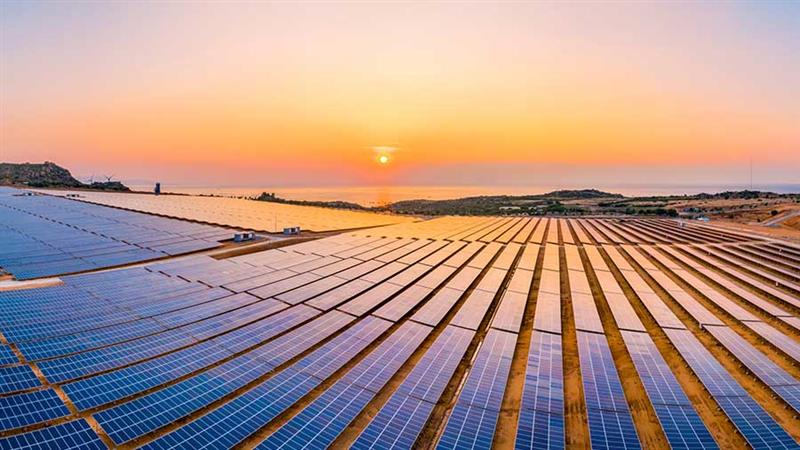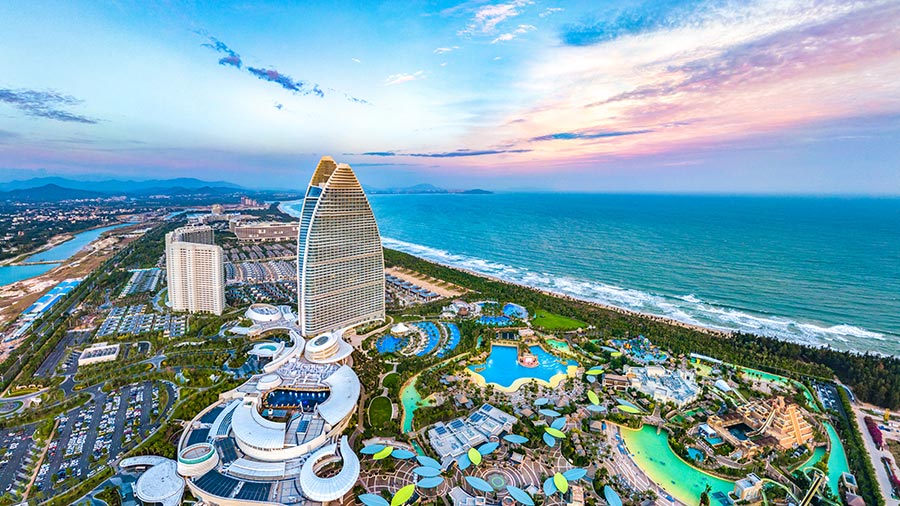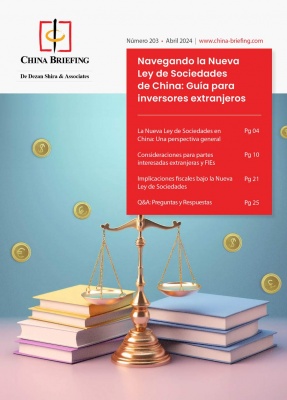China to Expand Real Estate Restrictions to Second and Third-tier Cities
Jul. 18 – Following the release of statistics on the first half of 2011 which show house prices are still growing in most surveyed cities, China’s State Council said on July 12 that it will continue to implement tightening policies on its property market and expand the home-purchase restrictions to second and third-tier cities.
Seeing surging property prices as one of the major contributors to China’s high inflation, the government has already been implementing a variety of restrictive measures on the country’s property market including home purchase limits, bank interest rate increases, and even a property tax in Shanghai and Chongqing. However, the most recently-released first-half statistics show investment in property development has still witnessed a year-on-year increase of 32.9 percent and commercial and residential property sales have also surged by 24 percent from a year earlier. As such, the Chinese government has decided to make further attempts to rein in the housing bubble.
China’s Ministry of Housing and Urban-Rural Development has embarked on drafting a new city list where home-purchase limits will be implemented. Centaline Property Agency Limited, one of the largest property agencies based in Hong Kong, predicted the new list may push the enforcement of restrictive policies to over 100 second and third-tier cities, compared to the current 40 first-tier cities.
Although only 3 out of 70 surveyed first and second-tier cities have seen a y-o-y decline in newly-built residential property prices over the past six months, Centaline’s analysis says the home-purchase restrictions – which are currently only practiced in first-tier cities – are having an effect. The y-o-y price growth rate in cities with restrictions is considerably lower at 4.04 percent, compared to the price increase pace of 4.89 percent in those restriction-free cities.
The unequally imposed restrictions may have even accelerated the property price increases in many second and third-tier cities, as a more relaxed policy environment there likely attracted more speculative investors from the first-tier cities. Data from the National Bureau of Statistics reveal that, between January and May, every city among the 70 surveyed that has reported a y-o-y property price increase of more than 5 percent is a second or third-tier city.
“The real estate price surge in second and third-tier cities may bring a negative impact on government’s effort to control property prices on a national level,” says Chen Sheng, director of the China Index Academy, one of the country’s largest property research organizations. The government – which is still under high inflationary pressure – will very likely take the restrictions to smaller cities to curb investors’ speculation.
Chen Jun, vice president of the Zhejiang Chamber of Commerce, expects to see “a certain level of decline” in property prices following the enforcement of a series of restrictive policies. In addition to the widespread home-purchase restrictions, China again increased bank interest rates by 0.25 percent on July 7, allowing the five-year term benchmark interest rate of bank loans to surge to 7.05 percent, a record high level over the past 10 years. However, Chen emphasized the property market will not crash, since the current restrictions will only be temporary measures.
As it is widely-believed that inflation control and housing bubble clean-up have become missions necessary for China nowadays, economists have also proposed measures other than home-purchase restrictions that will help make houses less expensive. Hong Hao, a famous Chinese economist, suggested in a recent interview with ChinaNews.com that the government start collecting over 30 percent of property tax from third-house buyers from 2013, and claimed it “the best way to control property prices.”
Related Reading
China’s Economic Growth Eases but Inflationary Pressure Remains High
Will China’s Property Prices Reach a Ceiling under Restrictive Policies?
U.S. Study Mission Discusses China’s Inflation, Living Costs and the Conspicuous ‘Housing Bubble’
Foreign Participation Surges in China’s Property Development
Chongqing and Shanghai Introduce New Property Tax
- Previous Article Articles of Association for a China WFOE
- Next Article Yao Ming to Retire Today
























